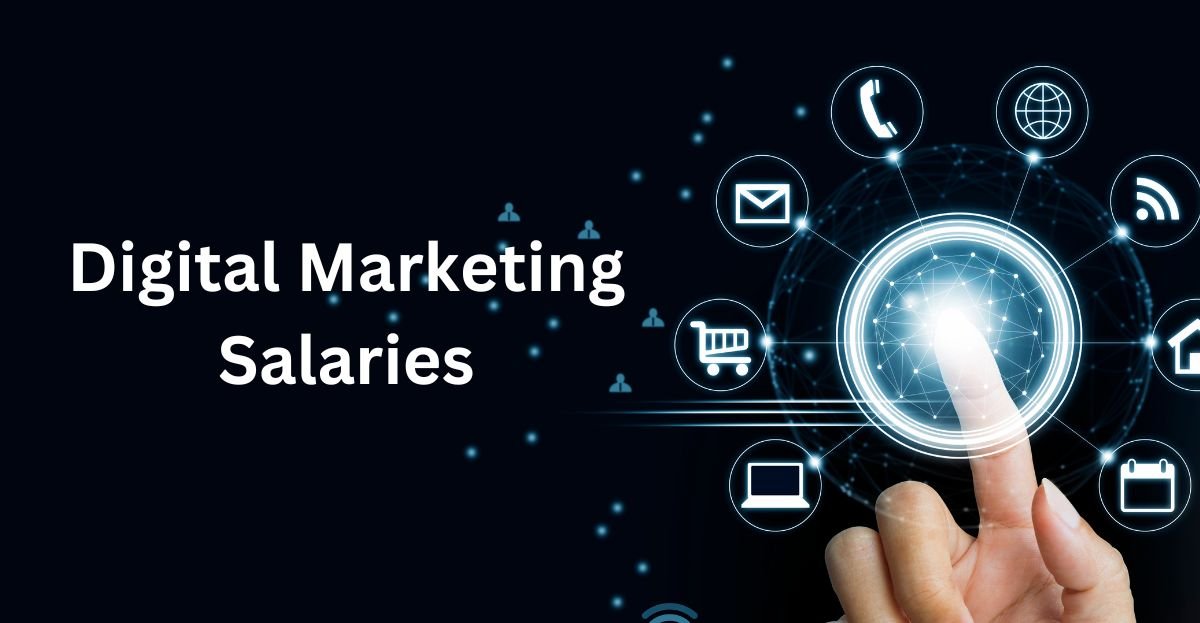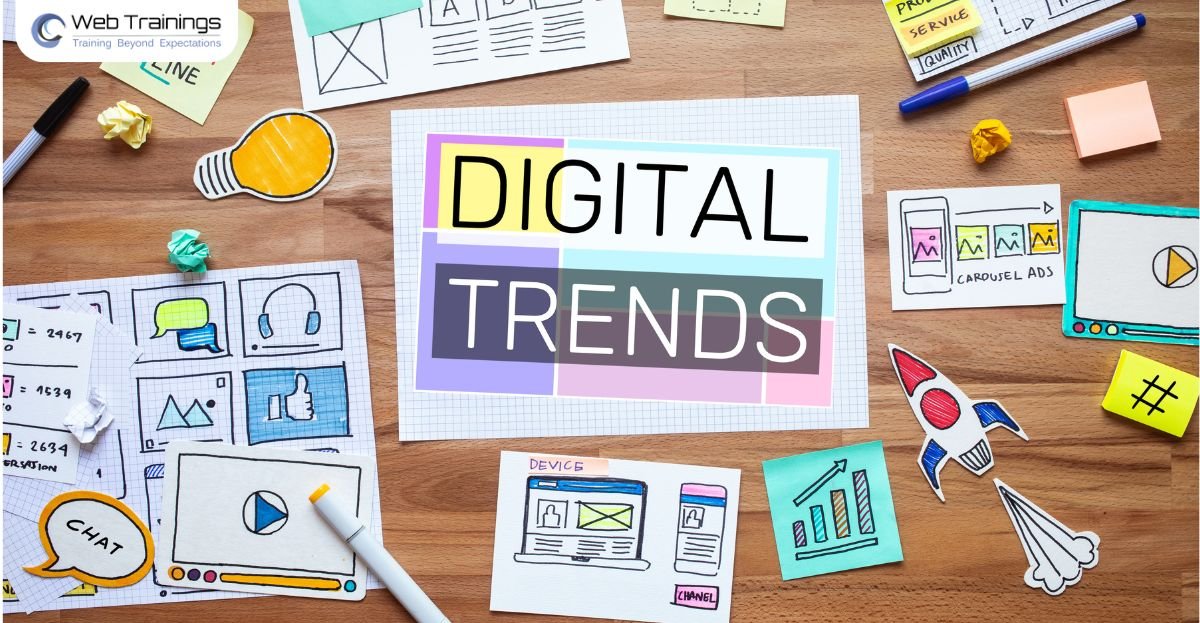The word “metaverse” has been popping up all over the place recently. This phrase has acquired worldwide popularity. Suddenly, everyone wants to know how it works and what it is! To address this topic, we need to have a better understanding of the metaverse. As a metaverse enthusiast, this article may be helpful to you.
What is the Metaverse?
The term “metaverse” refers to a network of three-dimensional virtual environments that are all centred on social interaction.
It is a simulated digital environment that uses augmented reality (AR), virtual reality (VR), blockchain technologies, and social media concepts to build spaces for rich user interaction that look and behave like the real world. It encompasses virtually everything, from games and meetings to shopping and socializing with friends, which are just a few of its applications, but over the years, there has been more to it.
Rise of the Metaverse:
Mark Zuckerberg, the founder of Meta (previously known as Facebook), believes it will take five to ten years for the metaverse’s essential characteristics to become ubiquitous. On the other hand, the metaverse is expanding at a rapid pace.
Ultra-fast broadband speeds, virtual reality headgear, and online worlds that stay online all the time are now available, but not to everyone, like everyone else.
To begin with, you must connect the supported headset. Following that, you’ll be able to connect to the virtual reality interface in your day-to-day life in almost every possible sector as the years roll on and as vivid applications it offers down the lane.
People have said that the metaverse will get rid of the internet. Maybe we should all live there. I don’t know if Facebook is trying to take it over, but it could be Epic or Roblox or other smaller companies.
Maybe it’s because of NFTs. Nonfungible tokens (NFTs) are unique blockchain-based digital assets like digital art or music, and they often include tokenized real-world assets like homes or cars. Still, we don’t know. [Source: The Verge]
History:
Almost 30 years ago, Neal Stephenson came up with the term “metaverse” in his science fiction novel Snow Crash. When he wrote it, he thought about people who looked like avatars meeting in actual 3D buildings and other virtual reality environments, which is now standard.
IANS says the Metaverse is an ideological convergence of digital experiences powered by Moore’s Law. Its goal is to make virtual and augmented reality environments rich, real-time, and connected to the rest of the world so that billions of people can work together and socialize in new ways.
Metaverse Advantages for Various Business Sectors and Customers
Metaverse’s technology applications in the real world
Multiple layers make up the metaverse’s complex virtual environment. In addition to hardware, software and infrastructure are equally important.
High-quality results in immersive 3D environments necessitate a significant investment in computing power. In addition, the security of the metaverse is also a significant concern when it comes to investing in the metaverse, several factors to consider.
This may sound like something out of a science fiction novel, but a few of the world’s largest corporations have already begun integrating the metaverse into their operations.
Several firms from the following industries have already committed to this new technology:
The following components make up this system:
Brands In The Metaverse
Sotheby’s recently entered the metaverse by launching a digital auction house that can display artworks in a virtual gallery and sell trendy NFTs. PricewaterhouseCoopers and Prager Metis have also entered the metaverse. Prager Metis, 23 offices worldwide, paid $35,000 for a virtual office. For its part, NVIDIA will launch the omniverse, which will be able to connect worlds within the metaverse as it gets better.
Beyond Brands: Additional Applications
What are the business benefits of operating in the metaverse? In general, the metaverse can be beneficial in the following ways:
● Digital Marketers:
Creating tools, digital assets, and e-commerce businesses is part of the “creator economy.”
● Providing a space for employees to collaborate:
Consider virtual meetings where you can feel as if you’re “in the room” with colleagues.
● Providing a training area for new employees:
The metaverse can help them learn with less operational overhead and risk from delivery workers to surgeons.
● Providing a setting for virtual events to take place:
Forget expos, booths, branded pens, and bright overhead lighting.
● Serving as a fun location to launch team-building activities:
Within the metaverse, virtual gaming, dinners, and discussions can make it easier than ever to create cohesion among globally distributed teams.
● Education Sector:
One gripe from remote students is the experience’s passivity. However, with its virtual reality and augmented reality components, the metaverse can help make virtual teaching and learning more active.
For example, the metaverse could teleport students to any historical period in a history class. Educational institutions that embrace new digital technologies stand out. In addition, more engaging learning experiences may increase interest in online courses and university enrollment.
● Connectivity technologies:
Technologies such as 5G, Wi-Fi, the cloud, and GPUs are all examples of the metaverse
infrastructure.
● Hardware:
Mobile devices, virtual reality headsets, and augmented reality spectacles are examples of hardware.
● Frameworks for three-dimensional visualization and modelling in spatial computing:
Examples of software include blockchain, artificial intelligence (AI), edge computing, mixed reality (MR), mobile applications, etc.
● E-commerce
According to some reports, Walmart is thinking about getting into the metaverse by making its cryptocurrency and building a library of NFTs.
● Gaming
Successful avatar-based online gaming companies like Epic, Funcom, Linden Lab, and Sky Mavis want to learn more about the metaverse to improve the fun factor in their games.
03. How Can Digital Marketers Benefit from Metaverse?
● In the Metaverse, marketing
Digital marketers must keep up with the latest technological advances. To do this, one must have a firm grasp on the metaverse and all the possibilities it holds. In addition, marketers need to realize that the metaverse isn’t simply a passing trend; it appears to be here to stay and on its way to becoming the next big thing in marketing.
● What changes must be made by marketers as the metaverse grows?
As a first step, marketers must keep in mind the importance of millennials and Gen Zers as a target audience. Games like Roblox and virtual reality (VR) are popular among this generation, as are other forms of the metaverse. With this in mind, let’s look at how metaverse marketing can be done.
● Parallel marketing of the metaverse in real-life marketing
It’s essential to create marketing experiences that connect with real-world events or that match up with what your brand already does in real life.
● Immersive experiences are essential: Virtual Ads
You can put up virtual ads in the metaverse. For example, Bidstack, a video game ad tech company, switched from outdoor advertising in the real world to advertising on virtual billboards in games.
You should take advantage of the fact that metaverses are experiential and immersive, so you should make your ads and marketing efforts as immersive as possible. For example, offer branded infrastructure and events that people can interact with, rather than just simple ads that people can see.
Brands have recently found new ways to make money through collaborations with the Roblox metaverse and other metaverses.
● Making collectables available
People enjoy collecting items, and the metaverse provides yet another venue for them to do so. You can make the same experience happen in the metaverse by giving them assets or limited-edition items that they can only get in the metaverse.
● Engage with existing groups
People don’t like advertising on the whole. So, as brands try to get into the metaverse, they should not show up and annoy people already there. You’ll need these users to like you because you’ll be trying to sell to them.
● Remember that you can’t just start on a new platform without considering the new format.
Think of this as a marketing campaign for people who have a big following. Therefore, it’s essential to have user-generated content so your community members become essential parts of the way you run your campaigns.
For example, the Gucci Garden game on Roblox has the Collector’s Room. It lets people get a limited number of Gucci items in the metaverse. From the first time they sold collectable items, Gucci made 286,000,000 Robux from the game.
● Experiment all the time
Marketers are living in an exciting time. While guiding principles can help marketers decide what kind of strategies and tactics to use, the metaverse is still a relatively new platform with plenty of room for experimentation. Best practices have yet to be adequately established, and paradigms have yet to be fully and comprehensively created. Nevertheless, this provides plenty of room for marketers to be unique and experimental in their approaches.
04. The metaverse’s future
The metaverse appears to have a bright future. It’s no longer a sci-fi idea. In the future, many of the activities that currently take place in the real world could be replicated in the metaverse, such as:
● Buying and selling online avatar clothing and accessories
● Buying land in the virtual world
● Building virtual residences and workplaces
● Concerts, parties, and other social gatherings
● Virtual shopping malls will enable immersive commerce.
● It is possible to learn in an immersive virtual classroom.
● Investing in digital art, collectibles, and other items (NFTs)
● Digital avatars are being used to facilitate employee onboarding, customer service, sales, and other aspects of the business.
Also Read: Future Scope of Digital Marketing in India 2022 & Career Opportunities
Conclusion:
The monetary value of the Metaverse universe
Some people say that when the metaverse becomes more popular, the markets in the metaverse could be filled with hundreds of billions of dollars worth of money each year.
Suppose a metaverse-based company sells a new gadget that only works in the metaverse (like a time travel machine) and then gives that virtual gadget to other metaverse-based businesses (such as movie producers or corporate groups for high-end events in the virtual world, etc.).
The metaverse may also help organizations get things done faster than they usually would, making a big difference in the economy.
Many people are using the terms “enterprise-level metaverse strategy” and “corporate metaverse strategy.”
Many businesses are taking the risk of setting up their virtual worlds, complete with digital properties and their own assets.


























